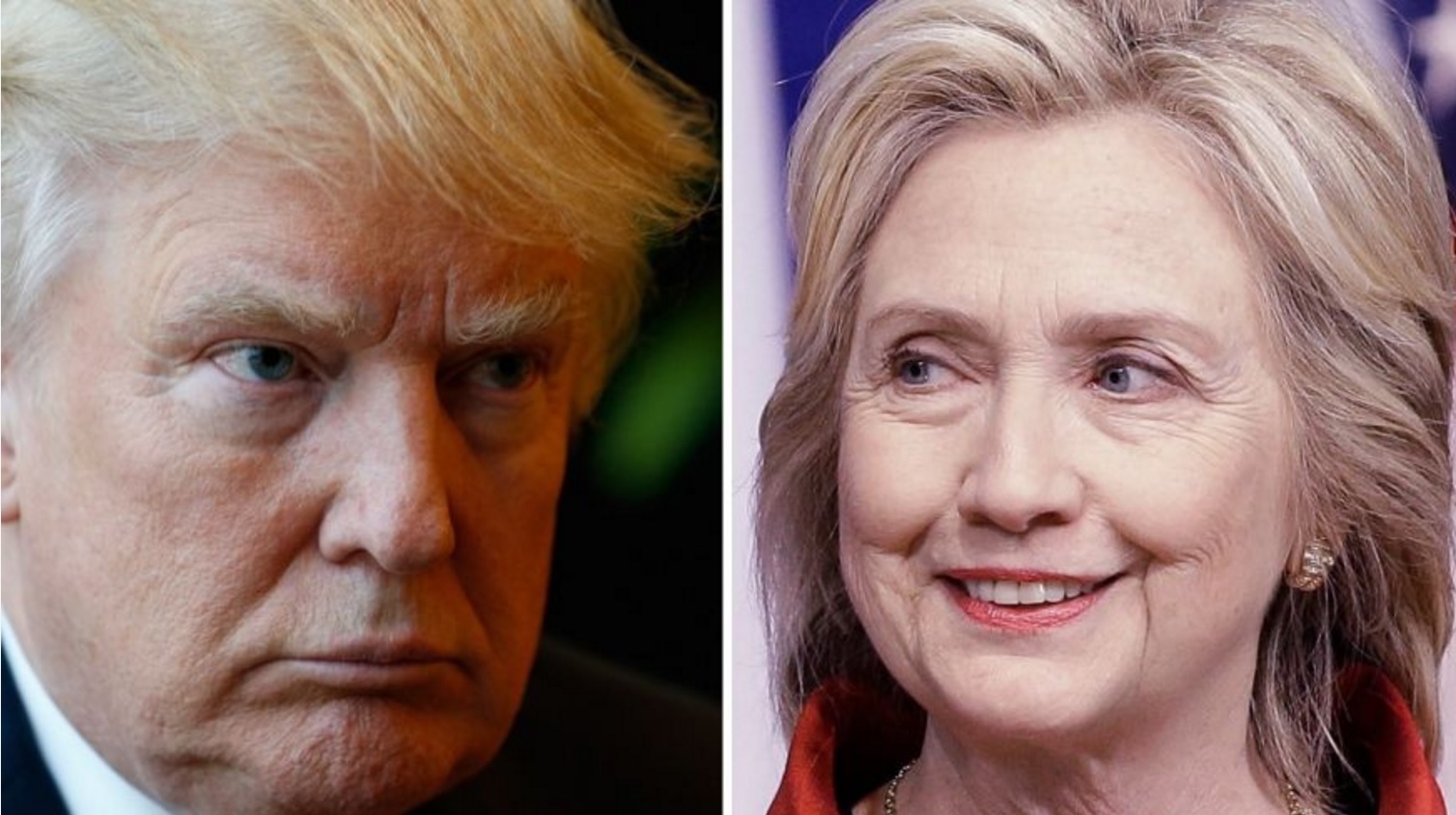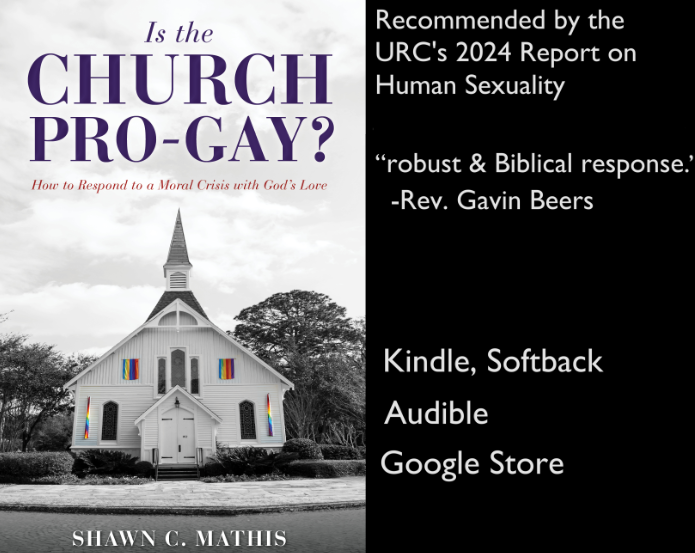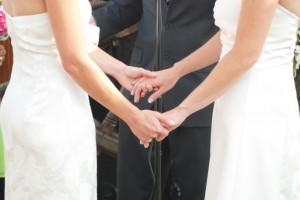
I may be a pastor, but I have my own opinions on a host of matters. And I would be shirking my duty if I did not say a few things as a private citizen.
But let me make it clear: my opinions are not the official position of my church or my office.
Some may not want to read this. Some may. I try to write winsomely. But sometimes I am quite direct.
I will begin with the fundamentals: I believe the American political situation is just short of dire. But when the situation is dire, it is usually too late.
The fact that some Christians and pastors piously mouth “Do not fear. Trust God. Vote #NeverTrump” is not indicative of unrighteousness or stupidity (as some falsely claim). Rather it is indicative of two (or more) underlining and unsubstantiated beliefs:
- “The situation is not that bad.” “We can weather it.” (Or like any number of National Review writers: “America is better than that!”). No, my brothers and sisters, it is bad. Flight 93 bad. They-are-coming-after-our-lawyers bad. End-of-our-judicial-freedoms bad. If you know anything about my essays, lo, these ten years, you know I do my research. Please read all four of those links if you are not convinced. If this is not grasped, then any other argument used this political season will not be fully effective.
- For others, they know it’s bad. But they are confident that we deserve it or can weather it or some such pious thoughts. But we cannot weather it. And I think all the talk about miracles for the church is pie-in-the-sky thinking. I grew up with that kind of thinking. It went well with idealistic thinking. No. I think rather that God uses means, and miracles are rare. We have the means to slow down the on-coming tsunami of cultural and political destruction. And if it is in our power to do good (however little or uncertain), we ought to do good (Prov. 3:27).
- Similarly, many tell us not to be afraid, for God is with us and will purify and/or protect us. But we ought to be afraid. Fear is good. It protects us from feeding wild bears when hiking and from walking down dark alleyways at night. Again, God uses means. There is no divine prophet to tell us to embrace social and political destruction of our country. Rather we have the clear commands of God to preserve life, especially the life of the church. If after doing our duty, we are still judged, then we know God’s will.
- No, the American church will not survive 30-40 years of a judicially active SCOTUS nor four more years of Obama-Hillary corruption and appointment of more such judges. Of course, this all hinges on the word ‘survive.’ We are not called by the Eight Commandment to merely survive but to thrive if we are able (read the LCQ 141ff.). We should be content with God’s will. But we should not be fatalists either.
- But the assumption behind all these assumptions is a whopper: the church (and your Christian family) are independent of the demise of a society. Really? When I see good Reformed church officers with children going the way of Sodom, we are already in trouble. Having more evil laws and a growing evil society will only make it worse. Local churches are locally situated and it is ignorance or arrogance that thinks we can live in a bubble, that God’s providence somehow bypasses millennia of social practice (rather it establishes it!). Churches are a leaven in society but not in an abstract, unidirectional way. There is a reason why local churches die. Who’s to say the American church cannot die? Who’s to say your church will survive? Remember the Huguenots?
I’ll drive this last point home from my prior facebook posting on immigration:
Why would we think conversion of those foreign to our way of life will be a piece of cake? Why do we think people can be divorced from their environment, their way of life? Why do we assume God will work against ordinary providence which has clearly decreed cultures into existence and not one singular culture? Why do we think the American church can be divorced from its American cultural moorings? These are giant assumptions that have *not* been discussed in our supposed conservative and Reformed churches, just assumed. And we know what assuming does…
What does this all mean? It means that our actions must take into consideration consequences and context. And our American context is an increasingly hostile post-Christian America and we should vote accordingly.
But what is it to vote? My prior essay covers that. What are our goals in voting? Another essay covers that. My last essay covers the seriousness of our circumstances. This essay supplements that last essay.
I have studied long and hard about voting this past year. Long enough to make an eleven-part series on voting. But I have read nothing yet that undermines my studied conclusion of the matter.
Nor have I read anything to bring me to a sunny disposition of what a Clinton presidency will do for the church.
PART FIVE
Previous Essays: Part 1, 2 and 3







